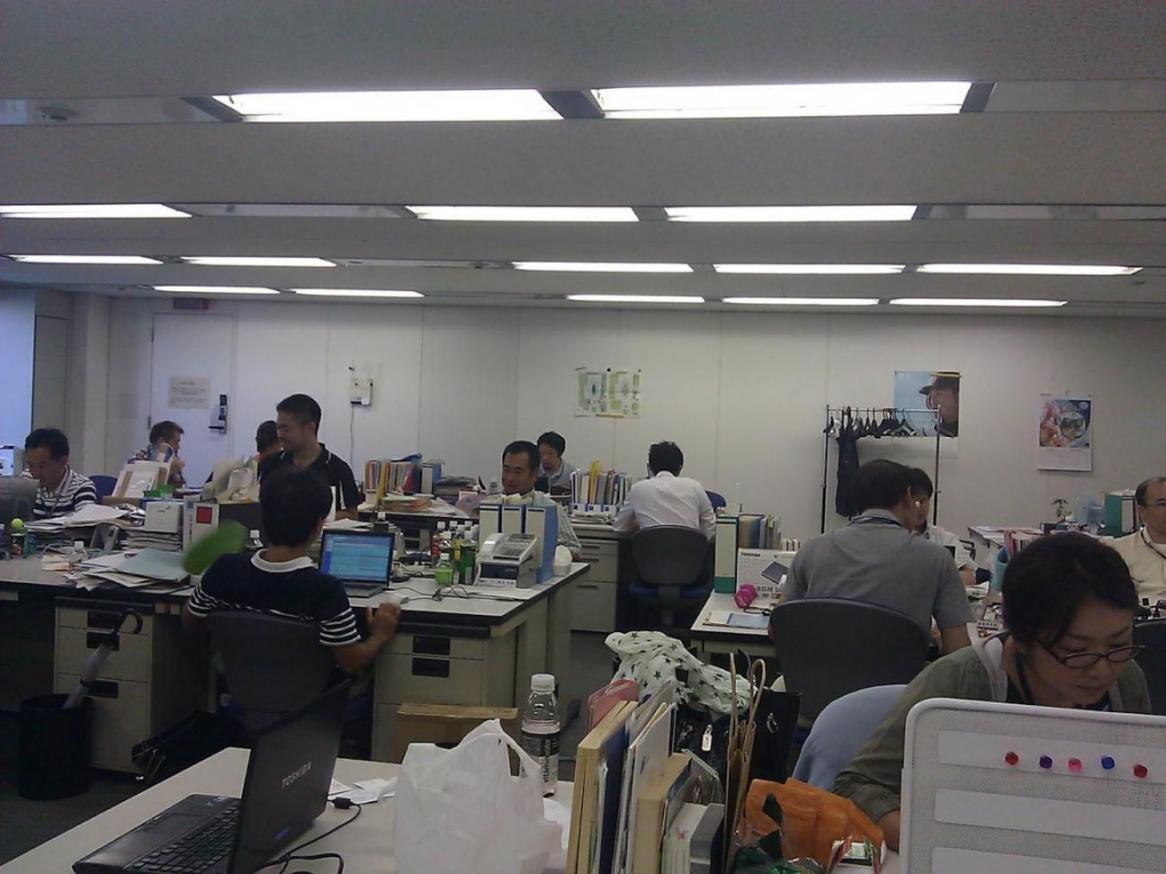College-educated and gainfully employed 36-year-old Eriko Sekiguchi should plan for recreation and faraway resort vacations. But she works in Japan, a nation where workaholic habits die hard.
Often toiling 14 hours a day for a major trading company, including early morning meetings and after-hours "settai," or networking with clients, she used just eight of her 20 paid vacation days last year. Six of those days were for being sick, AP reported.
"Nobody else uses their vacation days," said Sekiguchi, who was so busy her interview with The Associated Press had to be rescheduled several times before she could pop out of the office.
The government wants to change all that.
Legislation that will be submitted during the parliamentary session that began Jan. 26 aims to ensure workers get the rest they need. In a break with past practice, it will become the legal responsibility of employers to ensure workers take their holidays.
Fear of Resentment
Part of the problem has been that many people fear resentment from co-workers if they take days off, a real concern in a conformist culture that values harmony.
After all, in Japan, only wimps use up all their vacation days. Most of the affected workers are "salarymen" or "OL" for office lady like Sekiguchi, so dedicated to their jobs they can't seem to go home.
The workaholic lifestyle and related reluctance of couples to raise children have long been blamed as a factor behind the nose-diving birth rate that's undermining the world's third biggest economy.
Working literally to death is a tragedy so common that a term has been coined for it: "karoshi." The government estimates there are 200 karoshi deaths a year from causes such as heart attacks or cerebral hemorrhaging after working long hours. It's aware of many cases of mental depression and suicides from overwork not counted as karoshi.
About 22 percent of Japanese work more than 49 hours a week, compared with 16 percent of Americans, 11 percent of the French and Germans. South Koreans seem even more workaholic, at 35 percent.
Barely half the vacation days allotted to Japanese workers are ever taken, an average of nine days per individual a year.
Paid Sick Leave
Japanese must use their vacations for sick days, although a separate law guarantees two-thirds of their wages if they get seriously ill and take extended days off.
That means workers save two or three vacation days for fear of catching a cold or some other minor illness so they can stay home, said Yuu Wakebe, the health and labor ministry official overseeing such standards.
Wakebe himself routinely does 100 hours of overtime a month, and took only five days off last year.
Younger workers feel uncomfortable going home before their bosses do. Working overtime for free, called "sah-bee-soo zahn-gyo," or "service overtime," is prevalent.
Job descriptions also tend to be vague, especially in white-collar occupations, meaning a person not coming in translates to more work for others in his or her team.
Flexible Working Hours
The new law will allow for more flexible work hours, encouraging parents to spend more time with their children during summer months, for instance, when school is closed.
Although Japan is notorious for hard work, it's equally known for inefficiency and bureaucracy. Workers sit around in the name of team spirit, despite questionable performance and productivity.
Experts say the law is a start, while acknowledging the roots of the dilemma lie deep.


